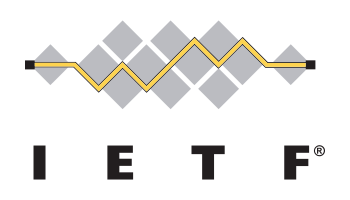A Utah court recently ruled in a CAN SPAM case Zoobuh vs. Better Broadcasting et al. The decision has two interesting aspects. The spammer used proxy registrations to hide the WHOIS contact information on the return addresses, which the court declared was a CAN SPAM violation, the first time a Federal court has said so.
Also, the required notices about how to opt out were not in the spam itself, but were (in theory at least) in images on remote web servers that the spam referred to. Noting that many mail programs don't show remote images for security reasons, the court found that they weren't an adequate opt-out.
The defendants never replied to the suit and defaulted, so even though the court awared over $1 million, there's little chance the plaintiffs will ever see any of it. But this is a useful precedent for other people who want to use what little anti-spam protection CAN SPAM provides.
CAUCE president John Levine wrote in more detail in his blog.

















